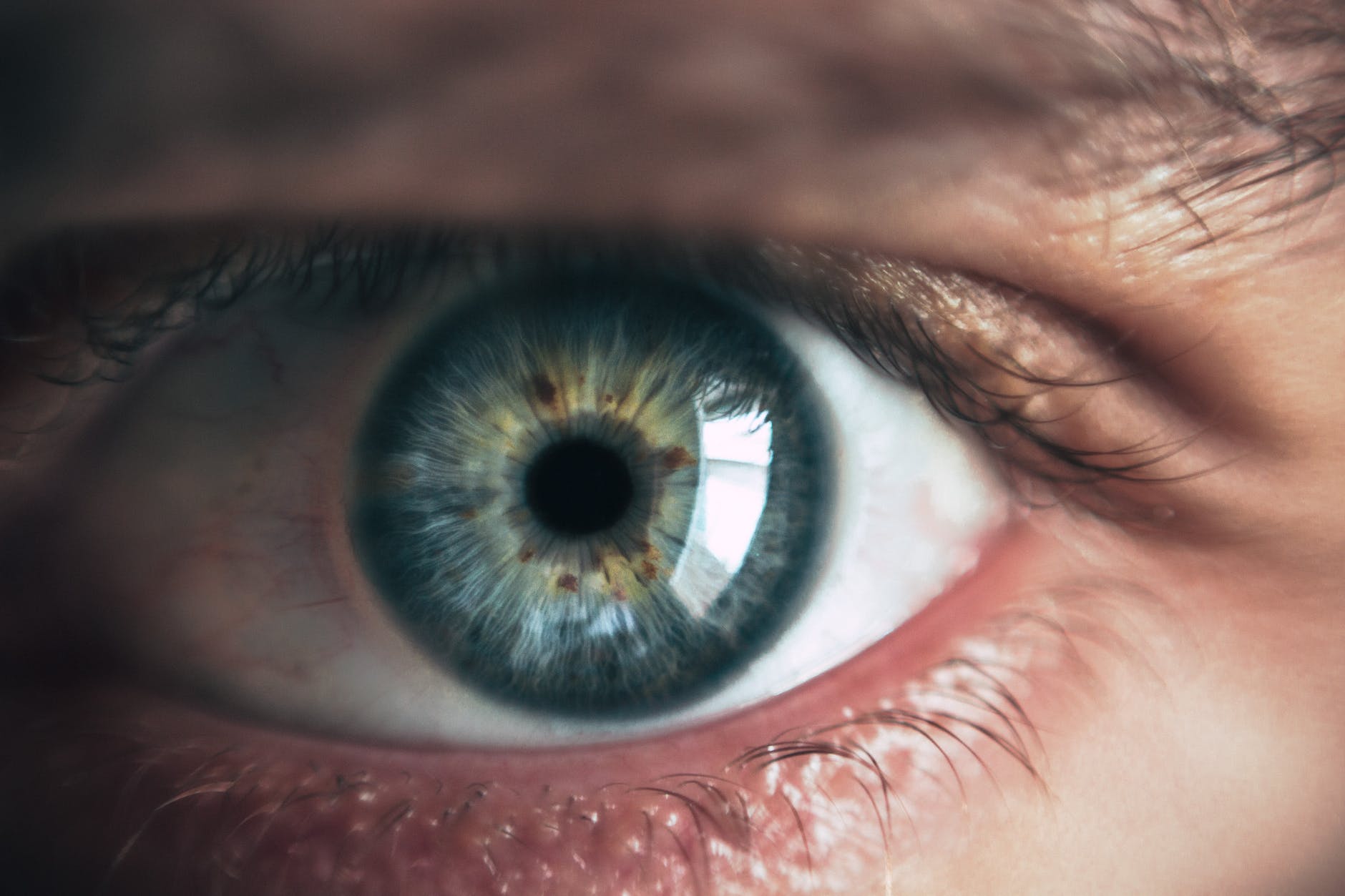Blurry Vision: How It Relates to Diabetes in Adults


Blurry Vision: How It Relates to Diabetes in Adults
Introduction
Welcome to our comprehensive guide on blurry vision and its relationship to diabetes in adults. In this article, Blurry Vision: How It Relates to Diabetes in Adults, we will delve into the intricacies of this common condition, shedding light on its causes, symptoms, and potential treatment options. Our aim is to provide you with the most accurate and up-to-date information to help you understand the connection between blurry vision and diabetes, and how you can effectively manage this issue. https://diabetescure4u.com/
Understanding Blurry Vision
Blurry vision refers to a visual impairment characterized by the inability to see sharp, well-defined images. Instead, objects may appear hazy, out of focus, or blurred. It can affect one or both eyes and may occur intermittently or persistently. Blurry vision can significantly impact one's quality of life, making everyday tasks such as reading, driving, or recognizing faces challenging.
The Link to Diabetes
Diabetes is a chronic metabolic disorder characterized by high blood sugar levels. Uncontrolled diabetes can lead to various complications, including damage to the blood vessels in the eyes. The link between diabetes and blurry vision lies in a condition called diabetic retinopathy.
Diabetic retinopathy occurs when the small blood vessels in the retina, the light-sensitive tissue at the back of the eye, become damaged due to high blood sugar levels. This damage can cause swelling, leakage, or the growth of abnormal blood vessels in the retina, leading to vision problems, including blurry vision.
Symptoms of Diabetic Retinopathy
Apart from blurry vision, diabetic retinopathy can manifest through various symptoms, such as:
- Floaters: These are tiny specks or spots that float across your field of vision.
- Dark or empty areas: You may experience dark or empty areas in your vision.
- Difficulty seeing at night: Vision may be particularly impaired in low-light conditions.
- Impaired color vision: Colors may appear faded or less vibrant.
- Vision changes: Your vision may fluctuate or deteriorate over time.
If you experience any of these symptoms, it is crucial to consult an eye care professional promptly.
Prevention and Management
While blurry vision caused by diabetic retinopathy can be concerning, there are steps you can take to prevent its progression and manage the condition effectively.
1. Maintain Optimal Blood Sugar Levels
Keeping your blood sugar levels within the target range recommended by your healthcare provider is essential. This can be achieved through a combination of medication, a balanced diet, regular exercise, and frequent monitoring of blood glucose levels.
2. Control Blood Pressure and Cholesterol
High blood pressure and elevated cholesterol levels can exacerbate diabetic retinopathy. Manage these conditions by following your doctor's recommendations, which may include lifestyle modifications and prescribed medications.
3. Annual Eye Exams
Regular eye examinations are crucial for early detection and timely treatment of diabetic retinopathy. Your eye care professional will assess your retina and provide appropriate interventions if necessary.
4. Healthy Lifestyle Habits
Adopting a healthy lifestyle can have a positive impact on your overall well-being, including your eye health. Make sure to:
- Maintain a balanced diet rich in fruits, vegetables, whole grains, and lean proteins.
- Engage in regular physical activity to improve blood circulation.
- Avoid smoking and limit alcohol consumption.
5. Follow Medication and Treatment Regimens
If you have already been diagnosed with diabetic retinopathy, it is important to follow your prescribed medication and treatment plans diligently. This may include medications to manage blood pressure, injections to control abnormal blood vessel growth, or laser therapy to seal leaking blood vessels.
Conclusion
In conclusion, blurry vision can be a common symptom of diabetic retinopathy, a complication of diabetes affecting the blood vessels in the eyes. By understanding the connection between diabetes and blurry vision, and implementing preventive measures and appropriate management strategies, individuals can effectively reduce the impact of this condition on their vision and overall health.
Remember, early detection, regular eye exams, and adherence to recommended treatments are key to maintaining healthy vision. If you or someone you know experiences blurry vision or other symptoms related to diabetes, consult with a healthcare professional for an accurate diagnosis and personalized treatment plan.


